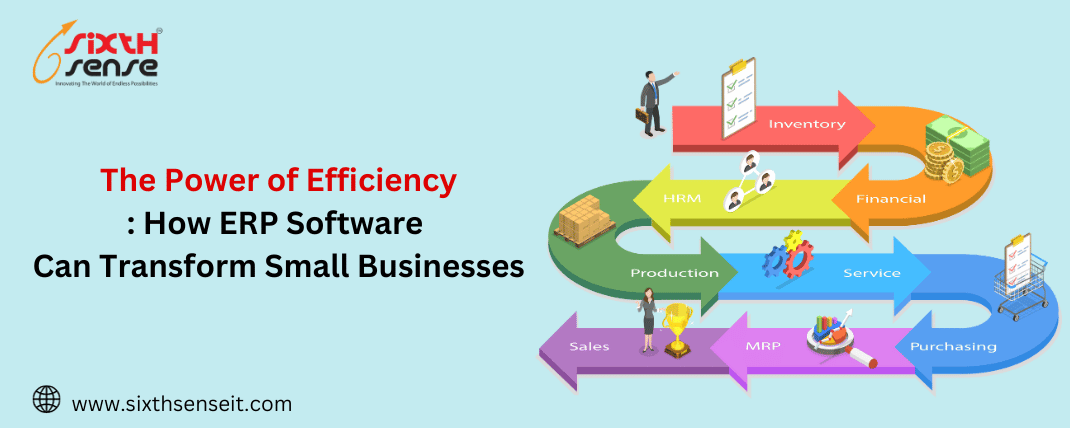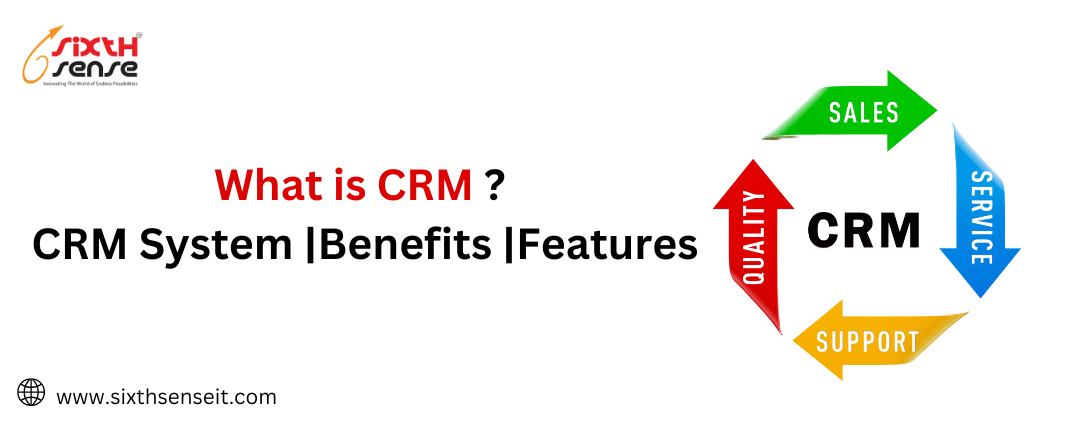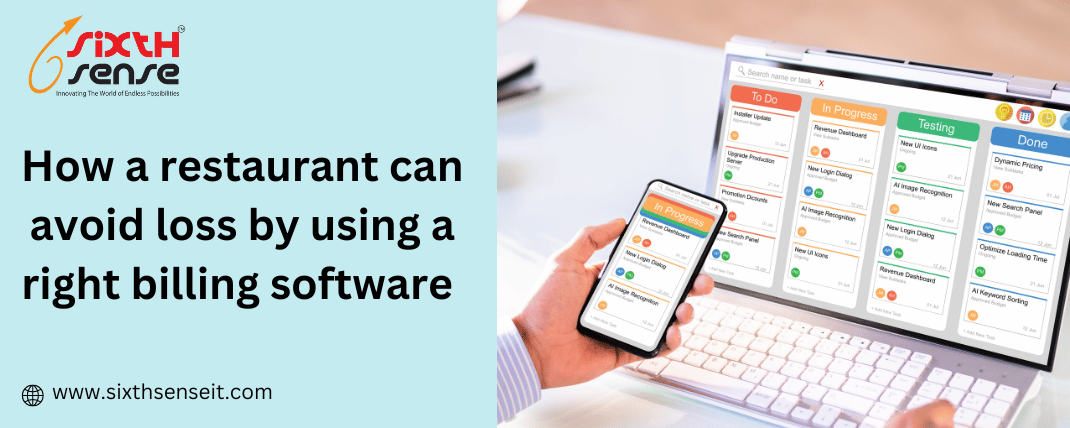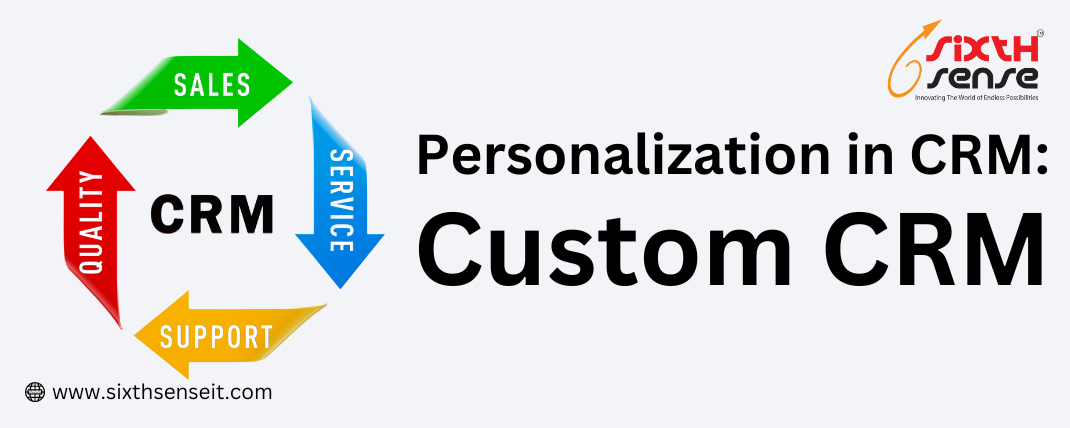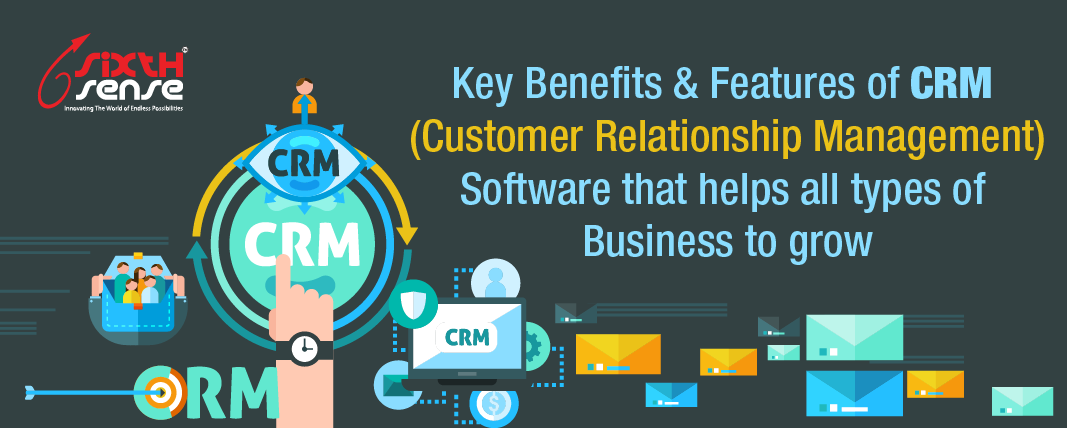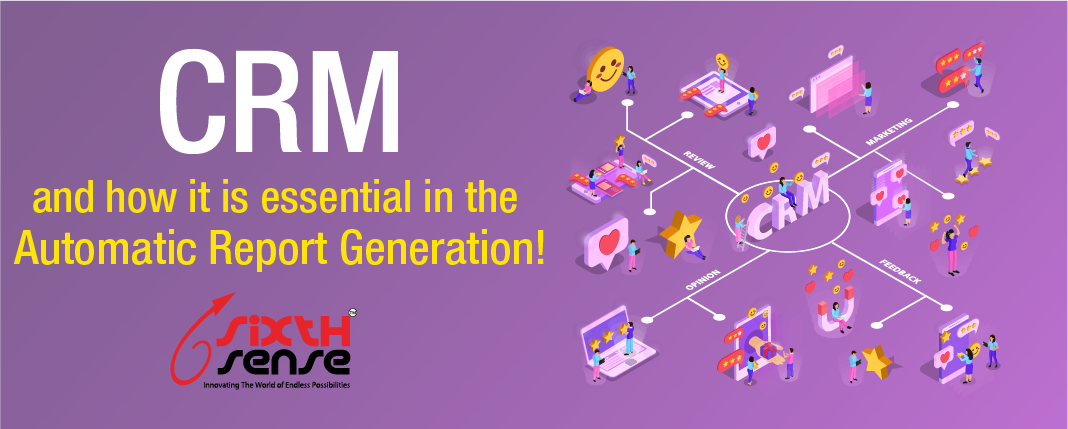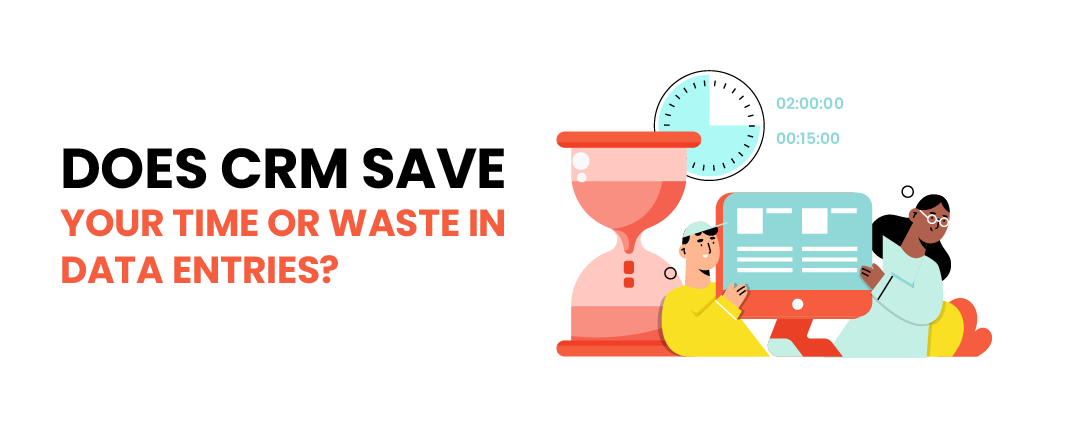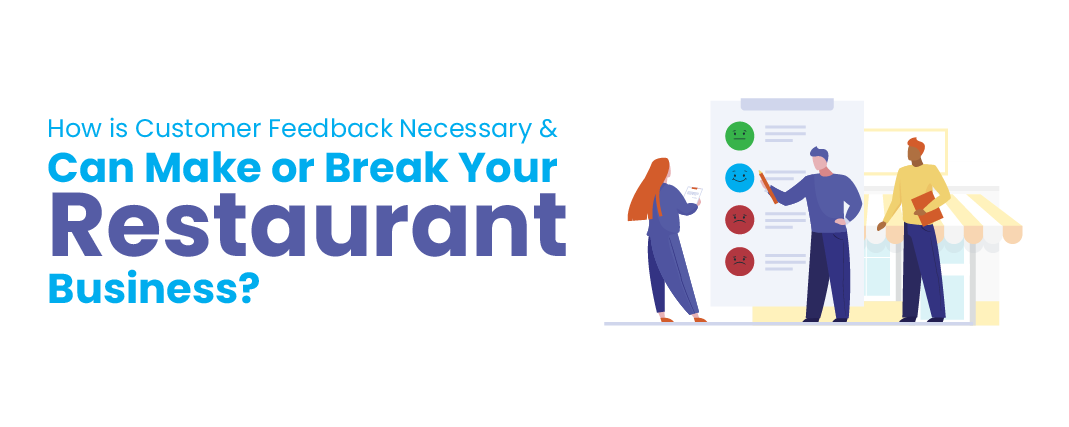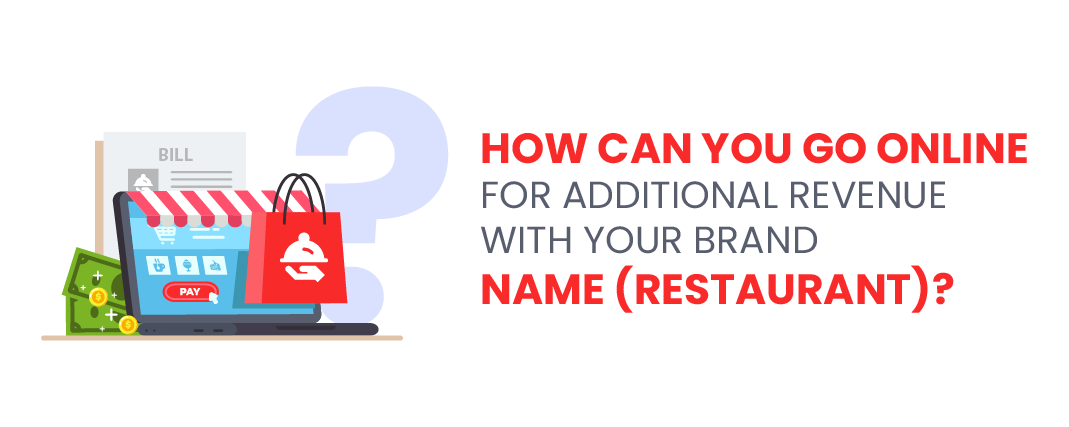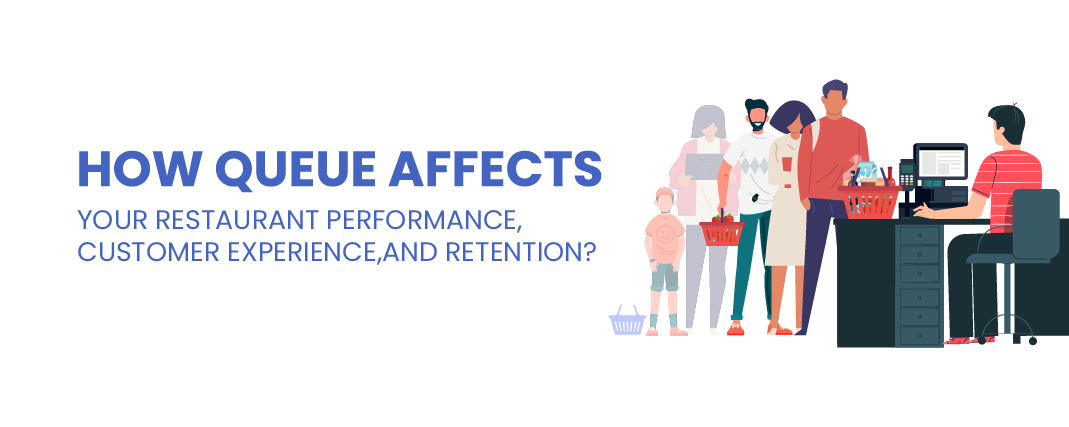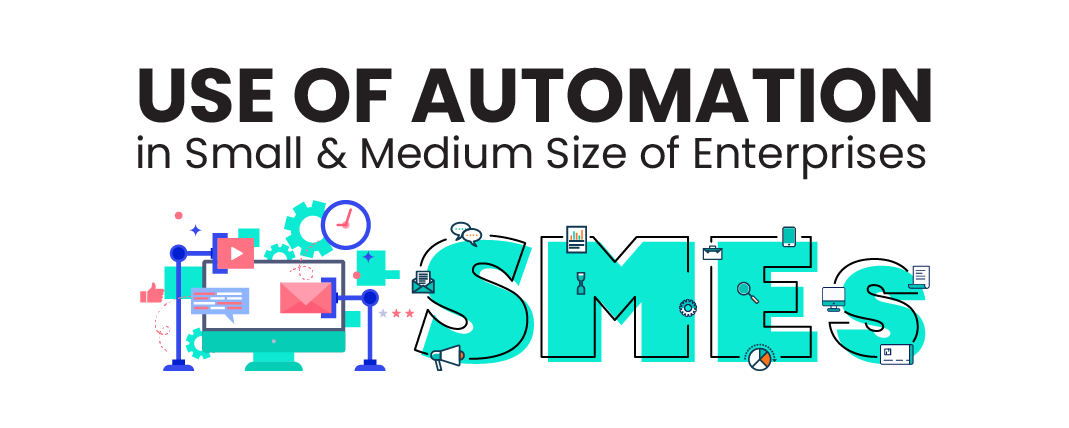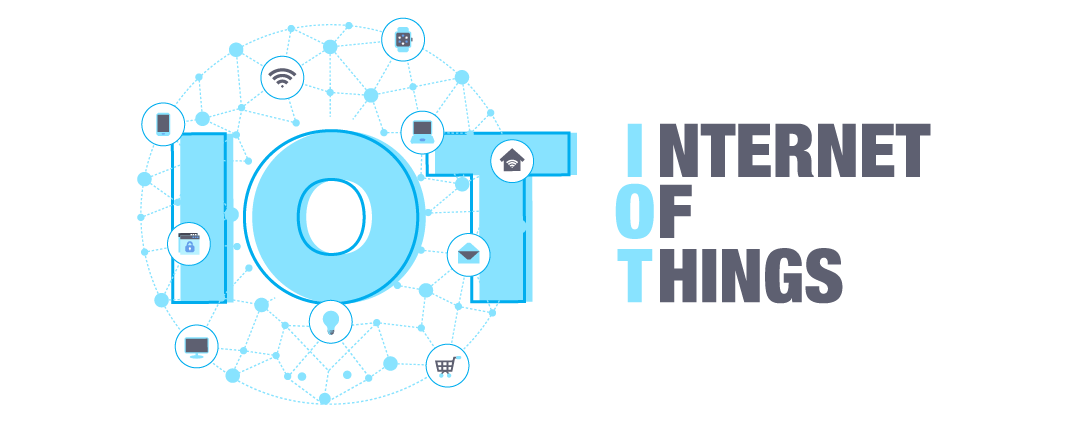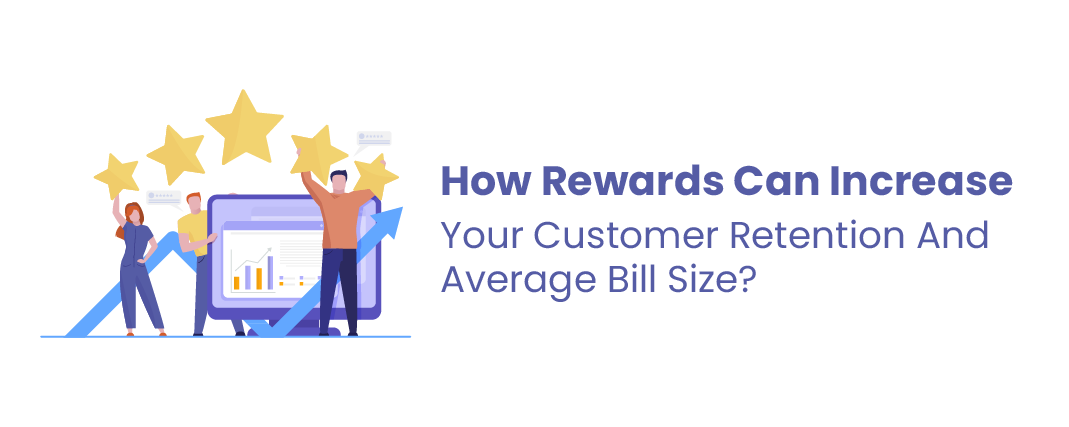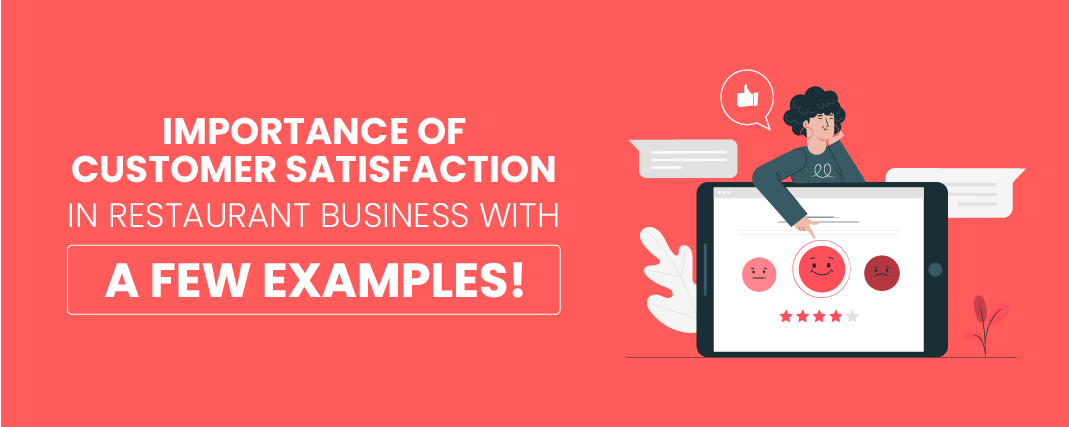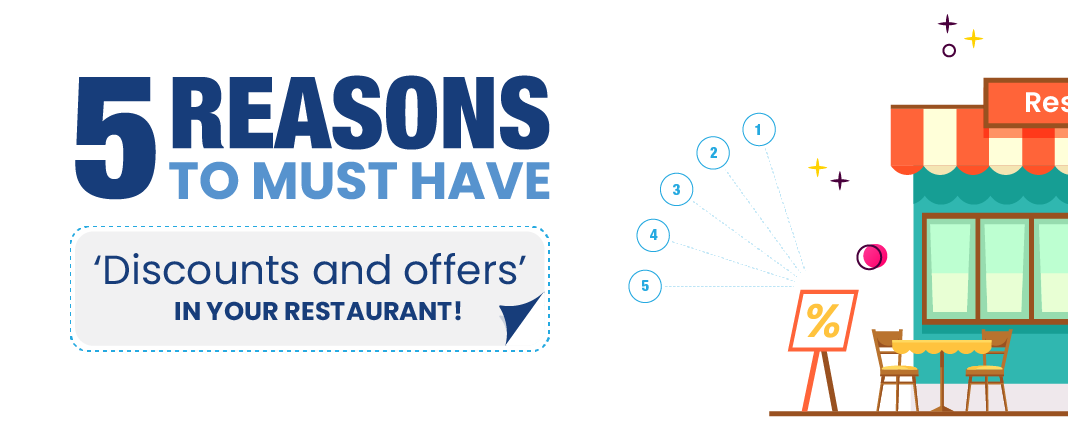
The Benefits of Mobile CRM for Sales Teams ~ Sales CRM


Mobile CRM, or mobile customer relationship management, is a type of software that allows businesses to manage and analyze their customer interactions and data using a mobile device. This includes features such as customer data management, sales force automation, marketing automation, and customer service and support. With mobile CRM, sales teams can access customer information, update sales records, and communicate with customers while on the go, which helps them stay connected with their customers and never miss an opportunity to close a deal.
Mobile CRM is designed to be used on a variety of mobile devices, including smartphones and tablets, which means that sales teams can access customer information and update sales records while they are on the road, at a client meeting, or at an event. This helps them stay productive and efficient, even when they are away from their desks. Mobile CRM also includes features such as push notifications, which can alert sales teams to important customer interactions and sales updates, and offline access, which allows them to access customer information even when they are not connected to the internet. This ensures that sales teams always have the information they need to make informed decisions and close deals faster.
Sales CRM, or customer relationship management, is a system that helps sales teams manage customer interactions and relationships. It is a software that enables sales teams to track customer interactions, manage leads and opportunities, and automate sales processes. It also provides sales teams with a centralized location to store and access customer data, such as contact information, purchase history, and communication records.
One of the main benefits of sales CRM is the ability to improve communication and collaboration among sales teams. With a sales CRM, sales teams can easily share information, collaborate on deals, and communicate with other departments, such as marketing and customer service. This improves efficiency, ensures that everyone is on the same page, and helps sales teams close deals faster. Additionally, sales CRM also helps sales teams to stay organized by managing their leads, opportunities, and pipeline, which in turn helps them to focus on high-value tasks, such as closing deals. Sales CRM also provides sales teams with a range of analytics and reporting features that can help them understand their performance, identify areas for improvement, and make data-driven decisions.
Sales CRM can help in sales conversion in several ways:
Sales CRM systems provide sales teams with a centralized location to store and access customer data, such as contact information, purchase history, and communication records. This enables sales teams to quickly and easily identify and prioritize the best leads, which helps them to convert more leads into customers.
Sales CRM systems come with built-in automation features that can help sales teams automate tasks such as lead tracking, appointment scheduling, and follow-up activities. This enables sales teams to focus on more high-value tasks, such as closing deals, and frees up time for other important activities, this also helps to increase conversion rate.
Sales CRM systems provide sales teams with a wealth of customer data that they can use to segment their customer base and target specific groups of customers with tailored marketing campaigns. This can help to increase conversion rates by reaching the right customers with the right message at the right time.
Sales CRM systems store a wealth of customer data, including purchase history and communication records. Sales teams can use this data to create personalized communication and offers for customers, which can increase customer loyalty and improve conversion rates.
Sales CRM systems provide sales teams with a range of analytics and reporting features that can help them understand their performance, identify areas for improvement, and make data-driven decisions. This can help sales teams to optimize their sales processes, target the right customers, and improve their overall performance, which can lead to increase in conversion rate.
With mobile CRM, sales teams can access customer information, update sales records, and communicate with customers while they are on the road, at a client meeting, or at an event. This helps them stay connected with their customers and ensures that they never miss an opportunity to close a deal, this can also leads to increase in conversion rate.
In today's fast-paced business world, sales teams are constantly on the go and need to access customer information at all times. Mobile CRM (customer relationship management) systems have become a crucial tool for sales teams to stay organized, productive and connected while on the move. In this blog post, we will explore the benefits of mobile CRM for sales teams, and how it can help them achieve their goals and drive revenue growth.
One of the most significant benefits of mobile CRM is the ability to access customer data anytime, anywhere. Sales teams can view customer profiles, track sales progress, and communicate with customers while on the move, which helps them stay connected with their customers and close deals faster. With mobile CRM, sales teams can also quickly update customer information, such as contact details, notes, and sales history, which ensures that they have the most accurate and up-to-date information at their fingertips.
Another advantage of mobile CRM is the ability to automate sales processes. Mobile CRM systems come with built-in automation features that can help sales teams automate tasks such as lead tracking, appointment scheduling, and follow-up activities. This enables sales teams to focus on more high-value tasks, such as closing deals, and frees up time for other important activities.
Mobile CRM also helps sales teams stay organized and on track. With mobile CRM, sales teams can easily create and manage to-do lists, set reminders, and track their progress towards their goals. This helps them stay focused on their objectives and ensures that nothing falls through the cracks.
Mobile CRM also helps sales teams collaborate and communicate more effectively. With mobile CRM, sales teams can share information, collaborate on deals, and communicate with other departments, such as marketing and customer service, in real-time. This helps them work more efficiently and effectively, and ensures that everyone is on the same page.
In addition to these benefits, mobile CRM also offers a range of analytics and reporting features that can help sales teams understand their performance, identify areas for improvement, and make data-driven decisions. This helps sales teams optimize their sales processes, target the right customers, and improve their overall performance.
Lastly, mobile CRM also allows sales teams to work more productively while they are on the move. With mobile CRM, sales teams can access customer information, update sales records, and communicate with customers while they are on the road, at a client meeting, or at an event. This helps them stay connected with their customers and ensures that they never miss an opportunity to close a deal.
In conclusion, mobile CRM is an essential tool for sales teams that need to stay connected with customers, automate sales processes, and stay organized and productive while on the go. With the ability to access customer data anytime, anywhere, automate sales processes, stay organized, collaborate and communicate effectively, and access to analytics and reporting features, mobile CRM helps sales teams achieve their goals and drive revenue growth. Implementing a mobile CRM system can be a game-changer for sales teams and a valuable investment for any business. Mobile CRM can help sales teams to stay organized, automate processes, improve communication and collaboration, and increase productivity, which can leads to increase in conversion rate and revenue growth. With all these benefits, it is clear that mobile CRM is a must-have tool for any sales team looking to stay competitive in today's business landscape.
A mobile CRM can be used to convert more leads in a variety of ways. One common use case is lead management. Sales teams can use mobile CRM to quickly and easily identify and prioritize the best leads. This can be done by using filters and sorting options to view leads based on factors such as lead source, lead status, and lead score. By identifying the most promising leads, sales teams can focus their efforts on converting those leads into customers.
Another use case is automation of sales process. Sales teams can use mobile CRM to automate tasks such as lead tracking, appointment scheduling, and follow-up activities. For example, sales teams can set up automated email campaigns to follow up with leads who have shown interest in a product or service. This can help to increase conversion rates by staying in touch with leads and keeping them engaged.
A mobile CRM can also be used to target marketing. Sales teams can use customer data stored in mobile CRM to segment their customer base and target specific groups of customers with tailored marketing campaigns. For example, sales teams can use mobile CRM to target leads who have shown interest in a specific product or service with a personalized email campaign that highlights the benefits of that product or service. This can help to increase conversion rates by reaching the right customers with the right message at the right time.
Additionally, sales teams can use mobile CRM to personalize communication and offers for customers. Sales teams can use customer data stored in mobile CRM to create personalized communication and offers for customers, which can increase customer loyalty and improve conversion rates.
Lastly, sales teams can use mobile CRM's analytics and reporting feature to understand their performance, identify areas for improvement, and make data-driven decisions. This can help sales teams to optimize their sales processes, target the right customers, and improve their overall performance, which can lead to increase in conversion rate.
Overall, a mobile CRM can be a powerful tool for converting more leads. By providing sales teams with the ability to manage leads, automate sales processes, target marketing, personalize communication, and access analytics and reporting, mobile CRM can help sales teams to stay organized, increase productivity, and close more deals, which in turn can lead to increase in conversion rate.
Coca-Cola is a global leader in the beverage industry and has a sales team that is constantly on the move. In order to stay connected with customers and manage sales effectively, the company implemented a mobile CRM solution.
The mobile CRM app allows Coca-Cola's sales reps to access customer information, place orders, and track their sales progress while on the go. It also allows them to view inventory levels and pricing information in real-time, which helps them to make more informed decisions. Additionally, the mobile CRM app allows sales reps to update customer information, such as contact details, notes, and sales history, which ensures that they have the most accurate and up-to-date information at their fingertips.
Coca-Cola's mobile CRM app also provides analytics and reporting features, which allows sales reps to understand their performance, identify areas for improvement, and make data-driven decisions. This helps them to optimize their sales processes, target the right customers, and improve their overall performance.
The mobile CRM app also includes features that allow sales reps to collaborate and communicate with other members of their team, as well as other departments such as marketing and customer service. This helps sales reps to work more efficiently and effectively, and ensures that everyone is on the same page.
Overall, Coca-Cola's implementation of mobile CRM has helped to improve the productivity and efficiency of their sales team, and has helped the company to increase revenue growth.
















































